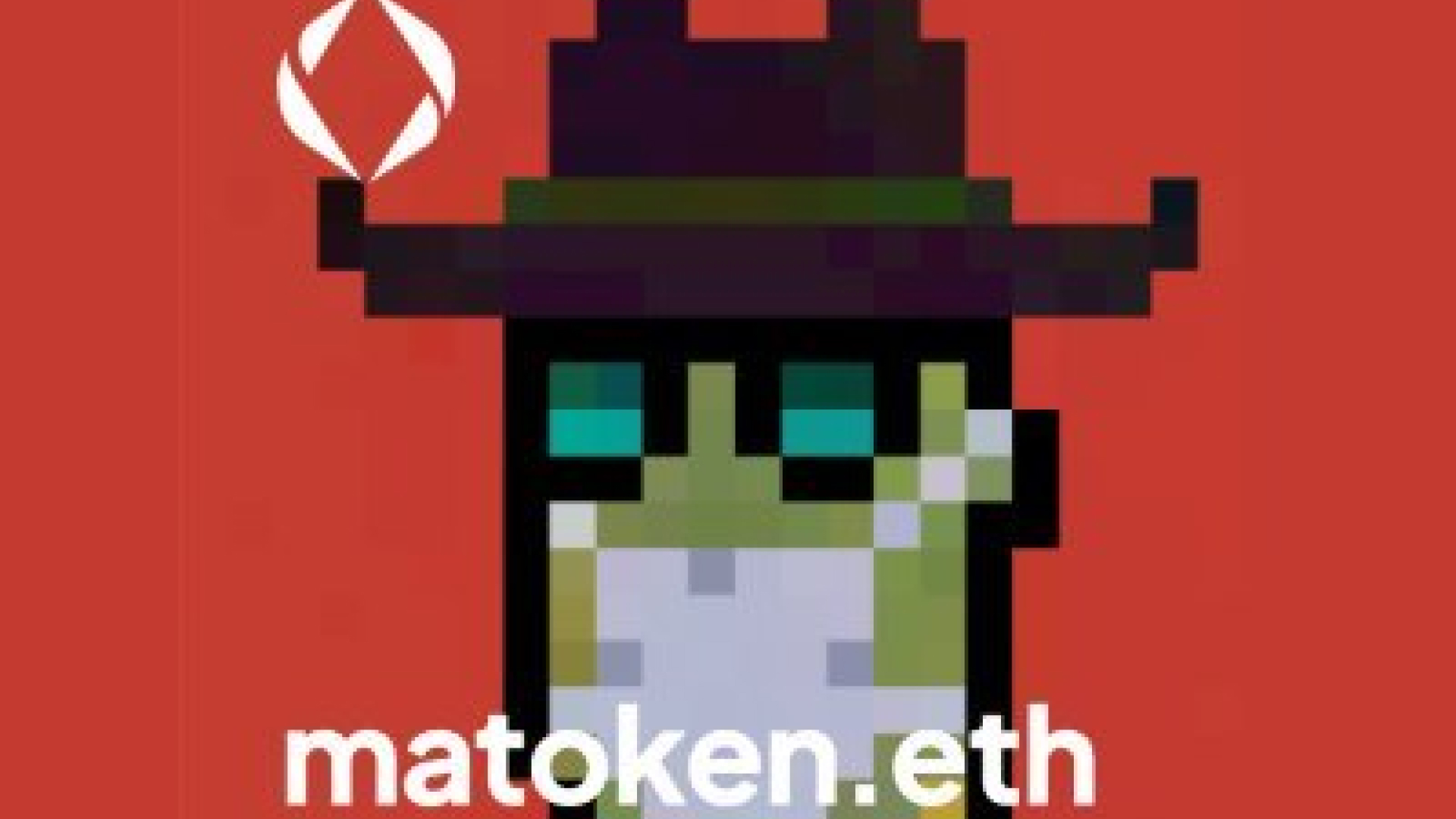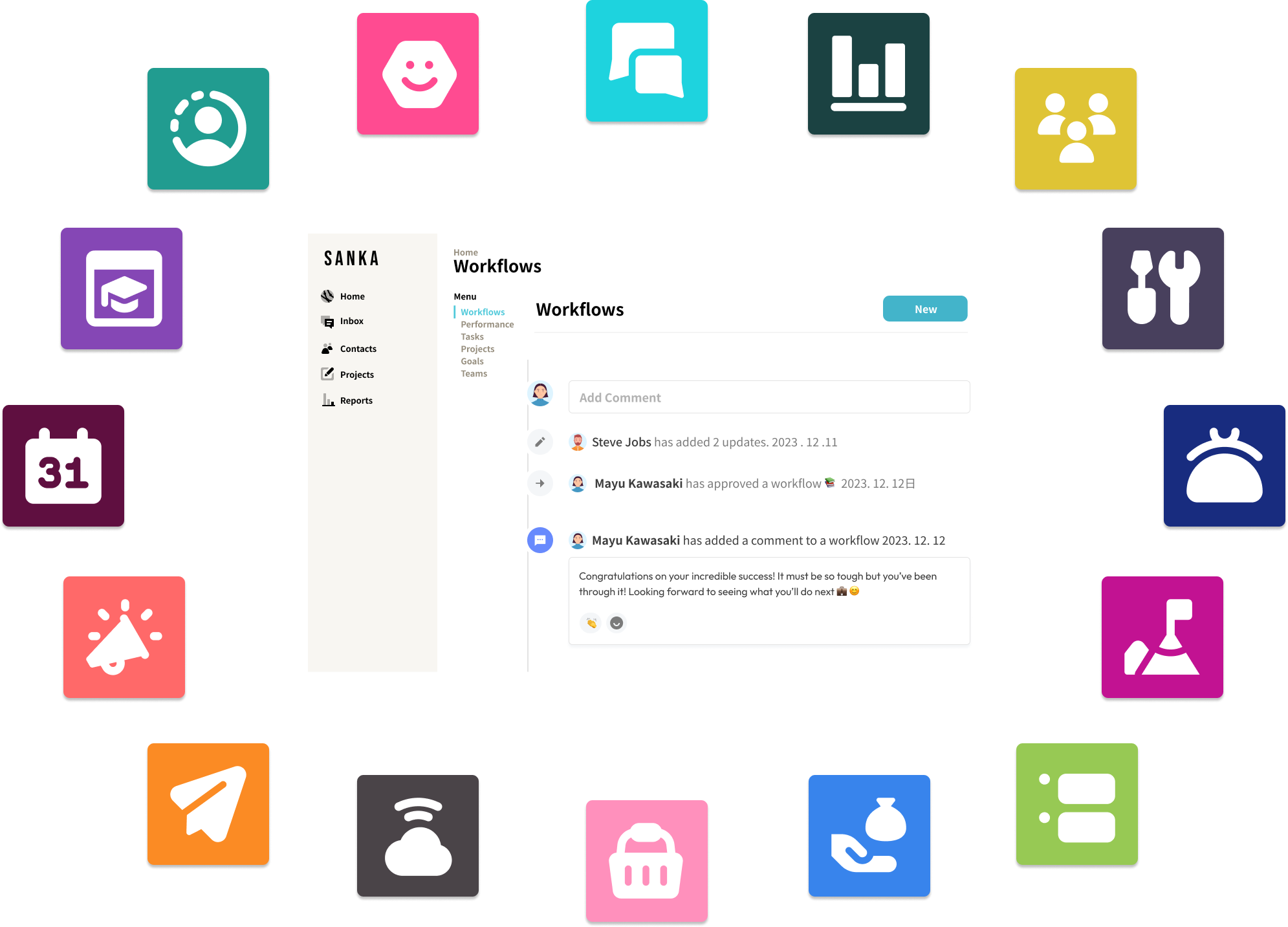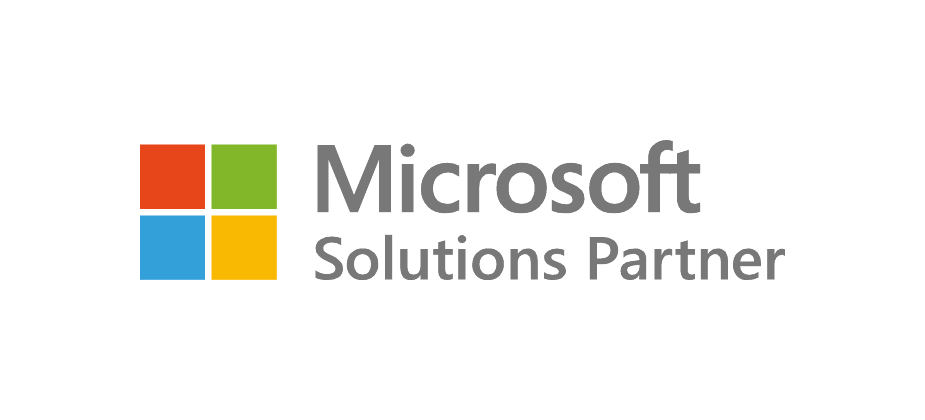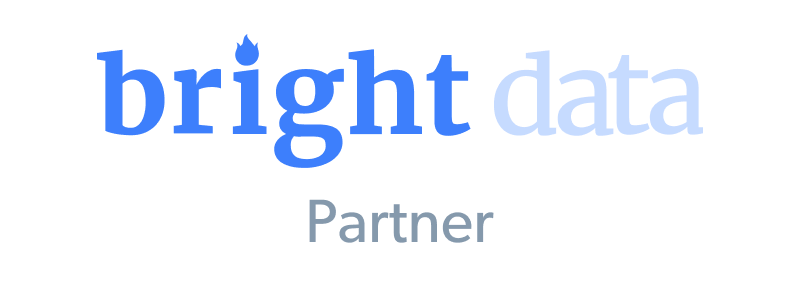Would you quickly intro yourself? What do you do at ENS? Why did you join ENS?
I am a developer at ENS doing all sorts of tech related stuff from frontend dev, smartcontract dev, data analytics to talking to devs at conferences and hackathons. More details are on my website.
I've known ENS since its inception as Nick Johnson (the creator of ENS) was in the same city as I work (London, UK), and he came to my local meetup to present ENS back in 2016. I joined to ENS team back in 2018 when Ethereum Foundation gave a grant, and Nick set up its own entity for the ENS development.
For noobs, would you explain what ENS is and what it does?
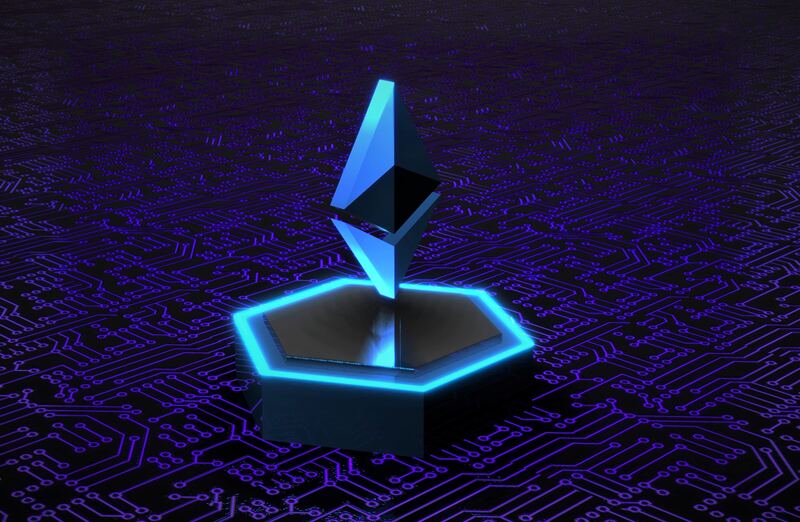
ENS (Ethereum Name Service) is like a gigantic phone book where you associate various things (Ethereum address, distributed website, your social media info) into your ENS name (eg: matoken.eth).
You can use it for payment addresses, hosting decentralised websites, or use it as your web3 username so that your eth name comes up to any website which integrates with ENS, such as Etherscan, Uniswap, and OpenSea.
Who are ENS community members? Any uniqueness in its culture?
Because ENS is one of the most affordable usernames as NFT, there are various people from NFT artists to OG Ethereum developers. They also tend to associate .eth name to their social identity, so you can see lots of .eth names as Twitter profile names.
If someone wants to join and contribute to ENS, what'd be the best path?
One thing anyone can do without their skills is to promote the use of ENS names. If someone asks ETH address, reply with ENS. If your favourite dapp site, exchanges, or NFT marketplace does not fully support ENS, ask them to integrate with ENS.
If you are more technical, you can contribute to our Github repository.
What did you learn from working on ENS? Any mistakes you made that we can learn from? Conversely, any success you want to share?
Not necessarily mistakes, but we started heavily technology-focused, so UI has always been difficult for complete noobs to use. For successes, Nick (the creator of ENS) has made some bold moves such as moving from a locked deposit model to annual registration to fight against squatters, the inclusion of TLDs other than .tld. These changes divided opinions when the change was made but increased the utility of ENS names rather than a speculative asset.
Can you explain what ENS token does and how it empowers ENS DAO?
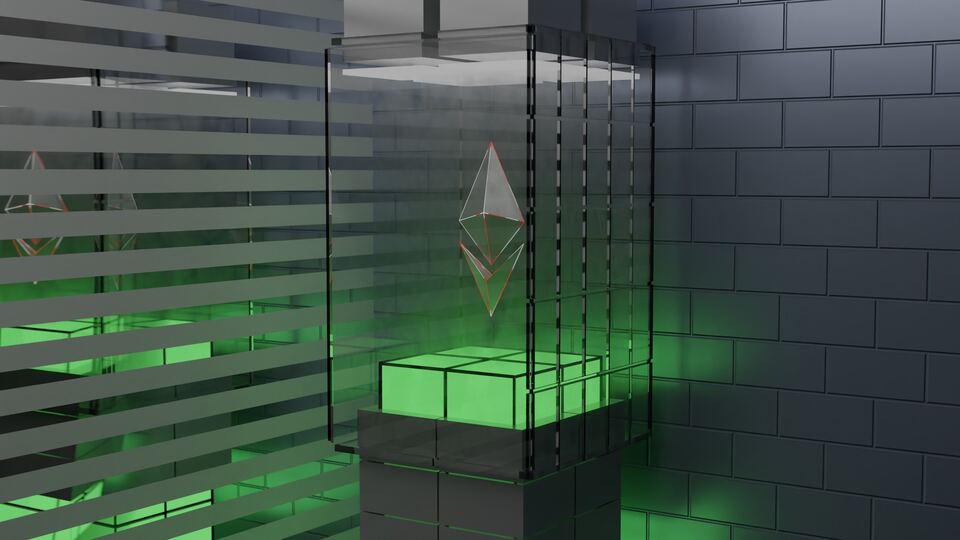
ENS tokens are distributed based on the address that holds ENS names the longest rather than the number of names it holds. Again, the decision divided opinions, but I believe that it attracted the firm believers of ENS.
ENS token is a governance token to make important decisions on protocol changes and how to allocate name registration revenue. You can read the total allocation on our Mirror post. The most important thing is that we have 50% allocated to the DAO, and they should be distributed to community members who actively work on DAO, contributing to grow the ENS ecosystem.
What’s the top three reasons for people to join ENS?
ENS is the future infrastructure of crypto, web3, and the internet in general. You will be proud of saying "I helped grow ENS" when you become old, almost similar to saying "I helped grow internet domains" back in 80/90.s
Second, ENS DAO has a consistent revenue stream, and we are actively looking for ways to pay to active contributors (we are still figuring out the process, though).
Lastly, unlike many Defi projects, the ENS protocol does not require complex internal knowledge to start getting involved.
Follow Matoken on Twitter.
